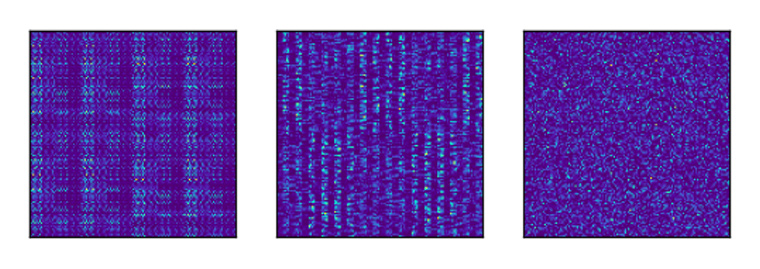Physics Professor to Use $360K NSF Grant to Study Black Holes, Build Quantum Computer
Alioscia Hamma Compares Black Hole to Quantum Computer

If the United States is at the forefront of the quantum information industrial revolution, it will benefit the U.S. economy as a whole and create new opportunities for people from disadvantageous backgrounds. That’s one of the reasons why the National Science Foundation (NSF) has awarded Associate Professor of Physics Alioscia Hamma a three-year $360,000 grant to study the transitions in quantum complexity.
“My dream is to understand black holes and build a quantum computer,” Hamma said.
Hamma, who will be starting his fifth year at UMass Boston in September, says in some sense, a black hole is a very powerful quantum computer, a computer that is exponentially faster than a classical computer and has a lot more processing power. Both a black hole and a quantum computer process quantum information. To build a quantum computer, he needs to understand how complexity builds up in a quantum system.
The complexity of quantum information processing is captured by how well it reproduces some average properties of quantum evolutions. Hamma will be looking to see if he can drive transitions in quantum complexity and achieve a more universal coverage of the ensemble of quantum circuits by doping circuits made of a non-universal subgroup of the set of universal gates called Clifford group.
The illustration below shows the scrambling of information by a black hole.

“One of the properties of quantum mechanics is time invariant, that is, in principle every process can be reversed,” Hamma said. “The unlikeliness of reversibility depends on the complexity of the quantum process. There are processes that are very simple and can be easily reversed, and processes that are mind-bogglingly complex like the scrambling of information by a black hole.”
The NSF grant starts September 1 and runs through August 31, 2023.
About UMass Boston
The University of Massachusetts Boston is deeply rooted in the city's history, yet poised to address the challenges of the future. Recognized for innovative research, metropolitan Boston’s public university offers its diverse student population both an intimate learning environment and the rich experience of a great American city. UMass Boston’s colleges and graduate schools serve 16,000 students while engaging local and global constituents through academic programs, research centers, and public service. To learn more, visit www.umb.edu.